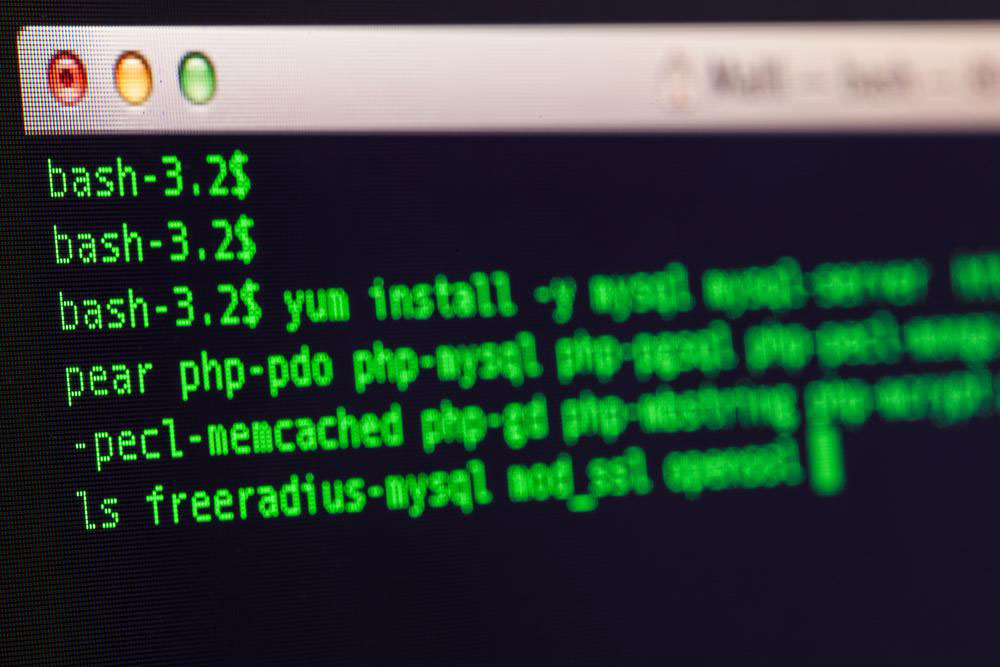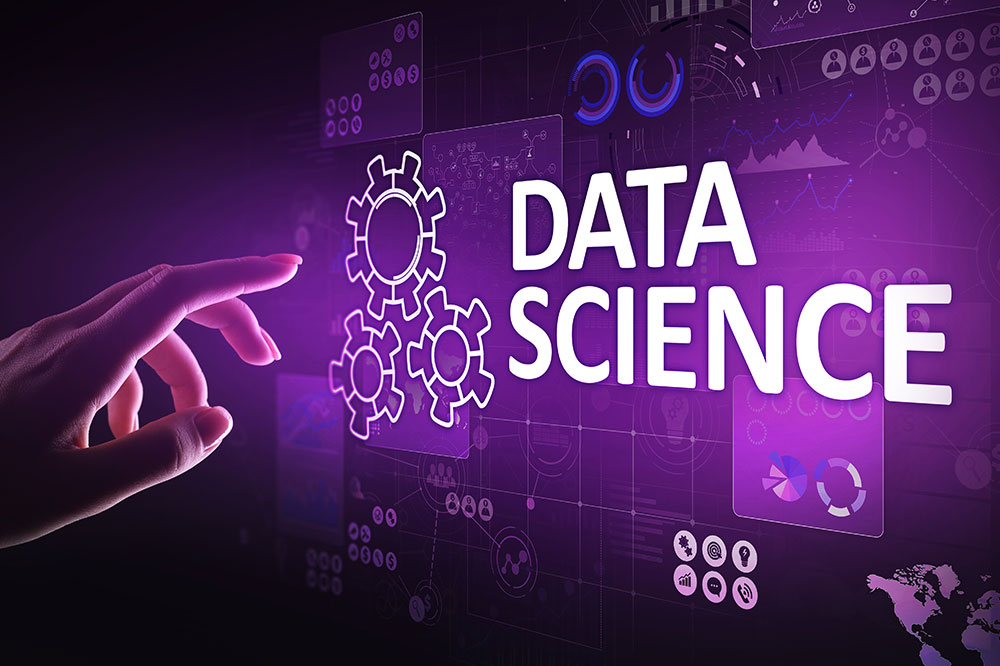Harnessing Python's Versatility: Unlocking Its Wide-Ranging Applications and Benefits
Python is a highly versatile programming language that plays a crucial role across multiple industries. Its applications range from web development and data analysis to scientific computing, automation, and entertainment. This comprehensive guide explores Python's diverse uses, highlighting its advantages and real-world applications, and why becoming proficient in Python can accelerate career growth. Whether you're a developer, scientist, or business professional, understanding Python's capabilities opens up countless opportunities for innovation and efficiency in your field.

Harnessing Python's Versatility: Unlocking Its Wide-Ranging Applications and Benefits
Python has established itself as one of the most adaptable and powerful programming languages in the modern technological landscape. Its broad applicability spans numerous industries, making it an essential tool for developers, scientists, engineers, and business professionals alike. Whether it’s web development, data analysis, scientific computing, automation, or even game development, Python offers a flexible platform to bring ideas to life. This article provides an extensive overview of Python’s diverse applications, highlighting its advantages and real-world use cases, and explains why mastering Python can open countless doors for professionals across multiple sectors.
Web Development and Internet Protocols
Python’s ability to handle a variety of internet protocols such as HTML, XML, JSON, and email protocols makes it a preferred choice for web developers. Frameworks like Django and Flask facilitate rapid web app development, enabling the creation of dynamic, robust websites with ease. Python’s support for parsing and integrating data from different sources streamlines the development process, making it a powerful language for backend development and API creation.
Scientific Computing and Data Analysis
In fields like mathematics, physics, biology, and engineering, Python plays a vital role in scientific computing. Libraries such as NumPy, SciPy, Pandas, and Matplotlib provide researchers and analysts the tools needed for complex data manipulation, statistical analysis, and visualization. Python’s intuitive syntax simplifies modeling and simulation tasks, leading to more efficient research workflows and insights derived from large datasets.
Desktop and Business Applications
Python is also popular in developing desktop applications with graphical user interfaces (GUIs). Frameworks like Tkinter, PyQt, and Kivy allow for creating user-friendly interfaces, which can be used in various business tools, inventory management systems, or educational software. Its simplicity in deploying cross-platform applications makes Python a practical choice for companies aiming to reach a broad audience.
Automation and Scripting
For professionals involved in system administration and software testing, Python offers powerful scripting capabilities. Automating routine tasks such as file management, software testing, or update deployment can dramatically reduce manual effort and improve reliability. Python scripts can manage large-scale processes, ensure consistency, and free developers to focus on more complex development challenges.
Game Development and Interactive Media
Python is instrumental in game development, especially in building client-server applications for online multiplayer games. Frameworks like Pygame facilitate rapid prototyping and game design, enabling developers to create engaging gaming experiences. Python’s scripting capabilities are also employed in creating visual effects and animations for movies and animations, contributing significantly to the entertainment industry.
Real-Time Systems: Air Traffic Control and Monitoring
Air traffic control systems utilize Python to process real-time weather data, aircraft positions, and runway status updates. Its ability to handle large streams of real-time information ensures safety and efficiency in aviation operations. Python’s robustness and support for concurrent operations make it suitable for complex, time-sensitive environments.
Enhanced Search Engines and Information Retrieval
Python enables customization and optimization of search engines to improve specific information retrieval needs. Search engine developers use Python to modify algorithms, automate indexing processes, and analyze user query patterns, leading to more relevant search results and improved user satisfaction.
Computer Graphics and Visual Effects
The film and entertainment industry leverage Python for scripting in computer graphics applications. It helps generate complex visual effects, animate characters, and produce high-quality CGI scenes, making it an indispensable tool in animation and post-production workflows.
As technology advances and data-driven decision-making becomes more vital, the importance of Python continues to grow. Its beginner-friendly syntax, extensive library ecosystem, and supported frameworks make it accessible for newcomers while remaining powerful enough for experts. Learning Python can lead to career growth across various fields such as software development, data science, artificial intelligence, automation, and multimedia production. Embracing this versatile language unlocks a world of opportunities and fosters innovation across industries.




